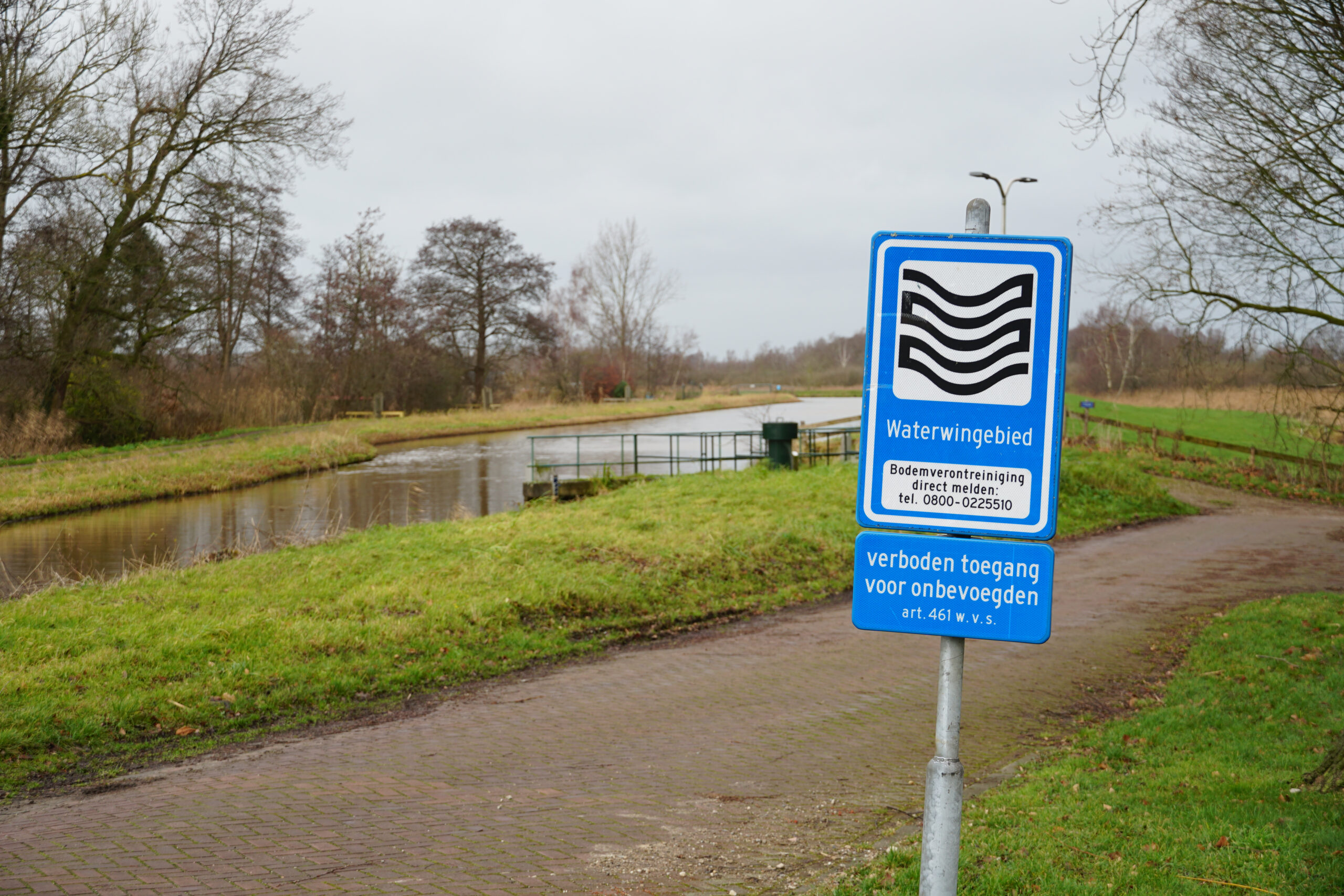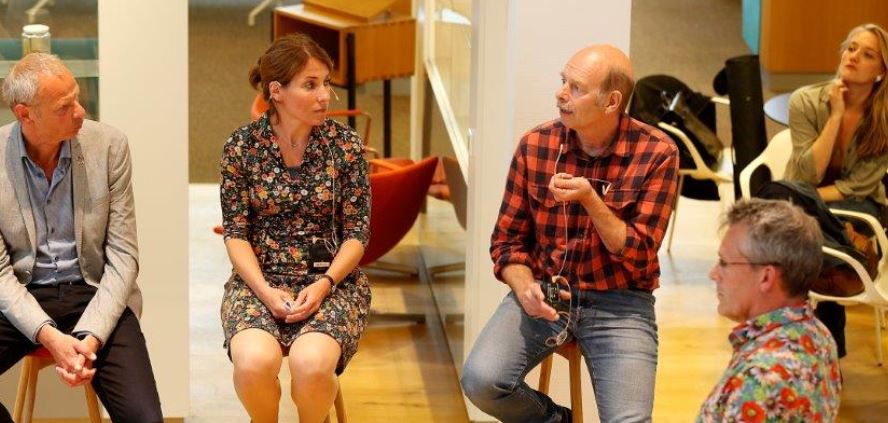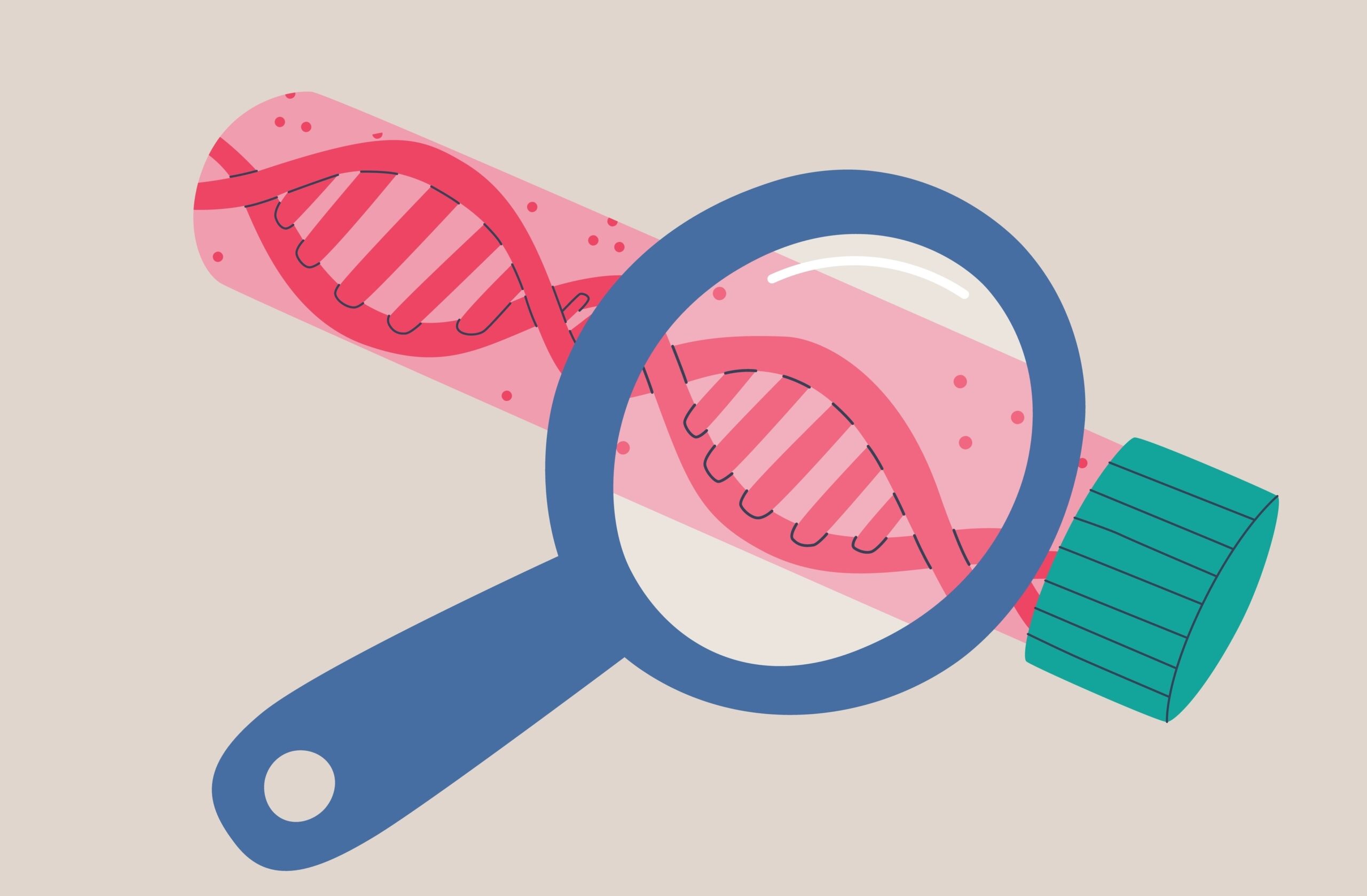Ingrid Boas, Nora Sutton and Raymond Staals are to receive 800,000 euros each, allowing them to set up their own innovative research trajectory in the coming five years. This includes setting up a research group.
Genetic tools from bacteria with a safety lock
The DNA altering CRISPR-Cas has seen a spectacular increase in the past few years. In this project, Raymond Staals aims to search for missing components in the CRISPR-Cas system, which may be safely used as tools to develop new applications for diagnostic and medical purposes.
Safeguarding drinking water supplies
In the Netherlands, drinking water is obtained from clean groundwater. Groundwater quality is, however, under threat from micropollutants such as pesticides and medicine residues. Nora Sutton’s research aims to use natural micro-organisms in the groundwater to break down these micropollutants. This will help us to sustainably protect our drinking water supply.
Climate change and mobility in border regions
WUR-researcher Ingrid Boas wants to know more about the relationship between climate change and international migration. In this study, she seeks an answer to this question by mapping four examples of trans-border mobility by people from regions affected by climate change. These examples demonstrate how this relationship is shaped by historical, socioeconomic and political aspects.
Vidi grants are awarded to experienced researchers who have already conducted successful research after obtaining their PhD. Together with the Veni and Vici grants, Vidi is part of the Dutch Research Council’s Talent programme.

 Nora Sutton studies natural micro-organisms in groundwater capable of breaking down micropollutants. Photo Dafinchi / Shutterstock.com
Nora Sutton studies natural micro-organisms in groundwater capable of breaking down micropollutants. Photo Dafinchi / Shutterstock.com


